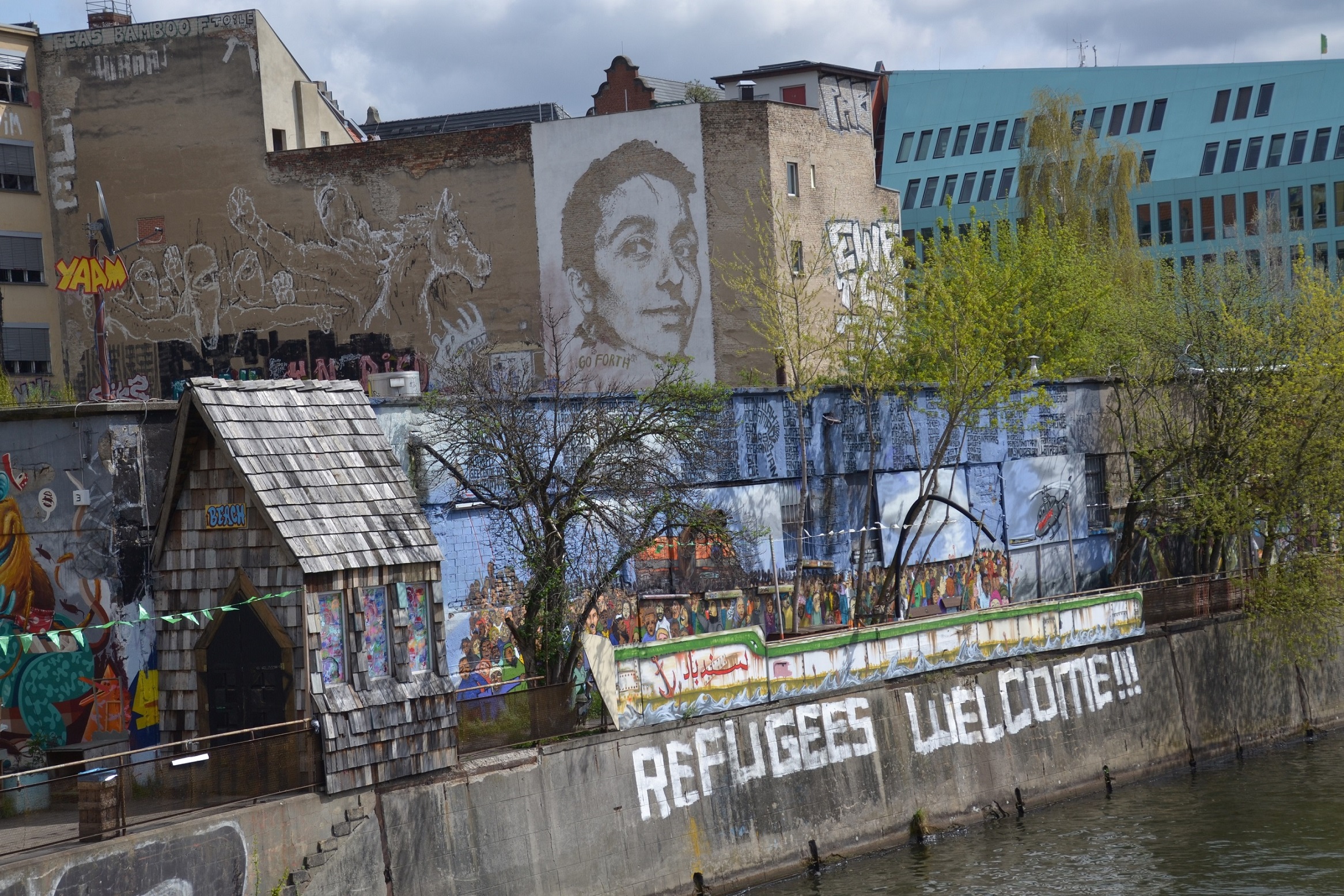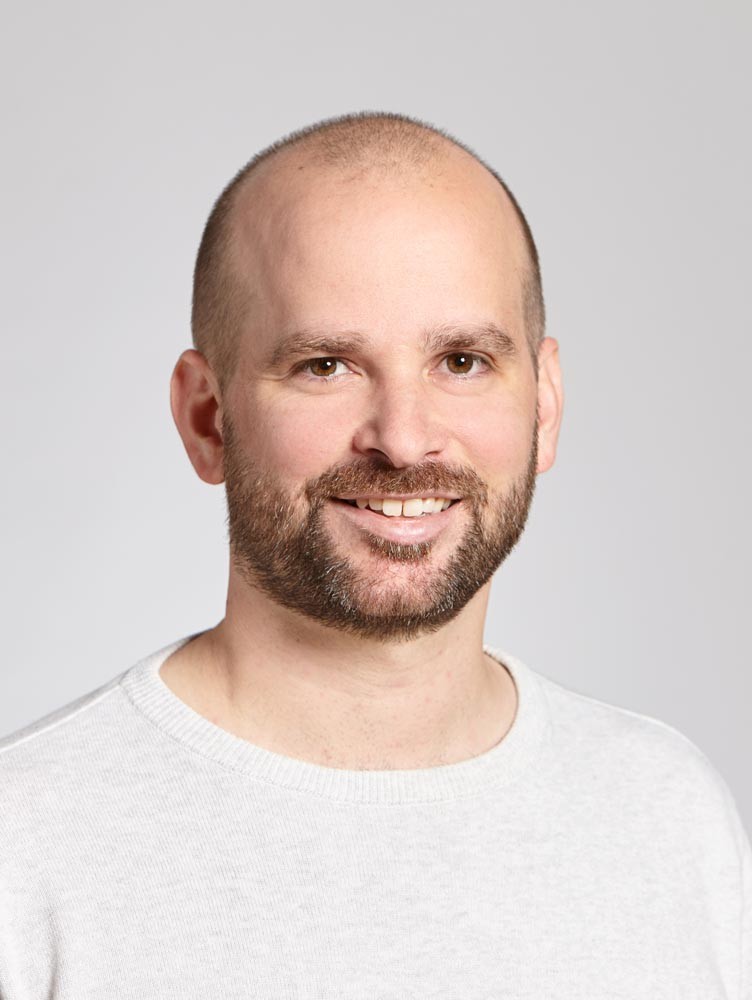Cities of Migration
Cities worldwide operate on the frontlines to support forced migrants. This research focuses on forced migrants (from asylum seekers to undocumented migrants) and the policies city formulate to improve the precarious situation of these forced migrants. City governments feel a certain immediacy to support, protect and regularize forced migrants because they are perceived as regular participants in the everyday life of their communities and not as abstract illegal constructs. Thus, asylum seekers and undocumented migrants have become an urban policy target group. Some of these cities even overstep their formal prerogatives by refusing to comply with, and at times overtly subverting, the prescriptions of national authorities. This makes urban migration policies an interesting objective for the study of progressive migration policies.
Introduction
Cities worldwide formulate progressive cities to sustain and expand the rights of migrants. Over the last years, labels such as “sanctuary cities”, “urban citizenship”, “solidarity cities”, “refuge cities”, and “welcoming cities” have been put forward to describe these urban policy-making activities. These policies are contested because they often entail a confrontational, or at least polemical, stance towards nation-states. They are often crafted at the grassroots level. While civil society organizations experiment with discourses and practices of migrant solidarity, sympathetic local officials can translate them into full-fledged policy programs.
The urban-national policy contestation is particularly true for urban policy endeavors in support of undocumented migrants. In times of stricter national policies towards undocumented migrants in the Global North, cities develop a variety of policies and practices to improve the precarious situation of undocumented migrants, although they often do not formally possess the legal power to expand the de jure rights of irregular migrants. Yet, cities do it nevertheless because cities see themselves as an alternative locus for the economic, social and political membership of all residents.

The Project
This research project aims to document, compare and explain urban policies in support of forced migrants in European cities. It compares these policies case studies of Barcelona, Milano, Munich, Geneva and Zürich. In addition, the research project also conducted a large-scale descriptive analysis of policies in support of undocumented migrants in Europe's 95 largest cities. This policy survey consisted of an extensive data-collection and data-categorization process. The results show that we can distinguish between urban policies that award a (more) secure status and policies that facilitate access to city services. The mixed-methods analysis suggests that status policies take advantage of policy-making discretion, whereas service policies hinge on the availability of local resources. Yet, there are no simple explanations for the observed policy diversity that is the product of place-based and path-dependent urban policy-making.
Publications
Bazurli, Raffaele, and David Kaufmann. 2022. external page Insurgent Asylum Policies in European Cities: A Multi-Level Governance Perspective. Urban Affairs Review. Early Online.
Kaufmann, David, Nora Räss, Dominique Strebel and Fritz Sager. 2022. external page Sanctuary Cities in Europe? A Policy Survey of Urban Policies in Support of Irregular Migrants. British Journal of Political Science 52(4):1954–1963.
***Open Access***
Kaufmann, David and Dominique Strebel. 2021. external page Urbanizing Migration Policy-Making: Urban Policies in Support of Irregular Migrants in Geneva and Zürich. Urban Studies 58(4): 2991-3008.
– Blog post De Facto [in German]
Kaufmann, David. 2019. external page Comparing urban citizenship, sanctuary cities, local bureaucratic membership, and regularizations, Public Administration Review 79(3): 443–446.
Team Members
Deputy head of Inst Spatial and Landscape Development / Head of Network City and Landscape ARCH and BAUG
Raumentwicklung und Stadtpolitik
Stefano-Franscini-Platz 5
8093
Zürich
Switzerland

Researcher
Dominique Strebel (former SPUR team member)
Partners
external page Raffaele Bazurli, Queen Mary University of London
external page Fritz Sager, University of Bern